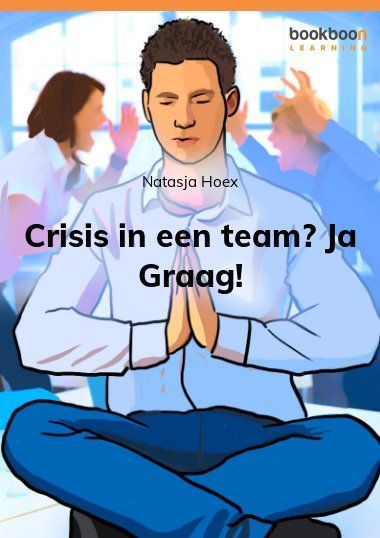by Natasja Hoex
•
15 April 2025
MetroNieuws report, March 25, 2019. By Claartje Vogel. Early 2019, I was interviewed by MetroNieuws about the subject of ‘gossiping in the workplace’. Below you will find part of the article that resulted from this. Gossiping occurs in every workplace. When is it a problem and how do you solve it? “In companies with a kind of family culture, gossip occurs more often,” says psychologist and group dynamics expert Natasja Hoex. “They are often teams that know each other well and see each other outside of work, almost as a kind of family. Think, for example, of a school or a local doctor's office. It is precisely in these types of organizations that gossip quickly becomes a problem.” For example, Hoex recently supervised a primary school in such a small village. The team did not work well together and there was a lot of gossip. “Team members didn’t dare to give each other direct feedback because they wanted to keep things friendly at all costs,” she explains. “They didn’t want to ruin the good atmosphere, but they still had to vent their frustrations. So they discussed their annoyances in the corridors.” A team that doesn’t dare to give each other feedback is a problem, says the psychologist. “If you really want to work well together, giving feedback is essential. If you don’t dare to say anything, frustrations will build up. Moreover, gossip can get out of hand and come back to the person it’s about in a nasty way.” Gossip is not always about work, but it often is. The King's Business School in London made a top 10 of most common gossip themes and number one is 'incompetence', in other words: someone does not do their job well. This is followed by classic gossip such as cheating, sexual preferences and stupid statements. For example: Jan is often late and you talk about it with colleague Lisa. She tells you that she heard that Jan has a sick family member. Now you understand better where the behavior comes from and you will probably be less annoyed. Of course you could have confronted Jan directly, but many people find that difficult. Especially in a small community, Hoex explains. "At the primary school, for example, teachers had a lot to lose. You don't only encounter your colleague at work, but also at the bakery. Maybe your own child is in his class." At the same time, there were definitely problems at the school, but the teachers did not know how to solve them. Hoex solved it by bringing the team together and naming the gossip problem. "You can do this with a coach, but also as a team leader. Say: I notice that people are gossiping, do you recognize that? In my experience, no one is really happy with a culture of gossip at work. Who knows what is said about you when you are not there." Hoex taught the team how to give each other feedback without getting into a fight. Furthermore, gossiping has not been completely eradicated, but the colleagues have made agreements. "You can let off steam for a while, as long as you solve the problem afterwards," she says. "If your colleague says something critical about someone else, ask whether the person in question already knows this. So also speak to your colleagues when they gossip, because you are all responsible for the atmosphere in the team." What can you do about gossip in the office? 1. Discuss it in the group, so that no one immediately feels attacked. 2. Be aware that gossip is often based on vague assumptions and presumptions. 3. Realize that a relatively innocent conversation can quickly be taken out of context. Your colleagues like to take it a step further. 4. Make agreements: speak to your colleagues about gossiping. 5. Complaining is okay, but don't stop at just talking. Solve the problem. 6. Do you think people are gossiping about you? Find the source and confront him or her.







